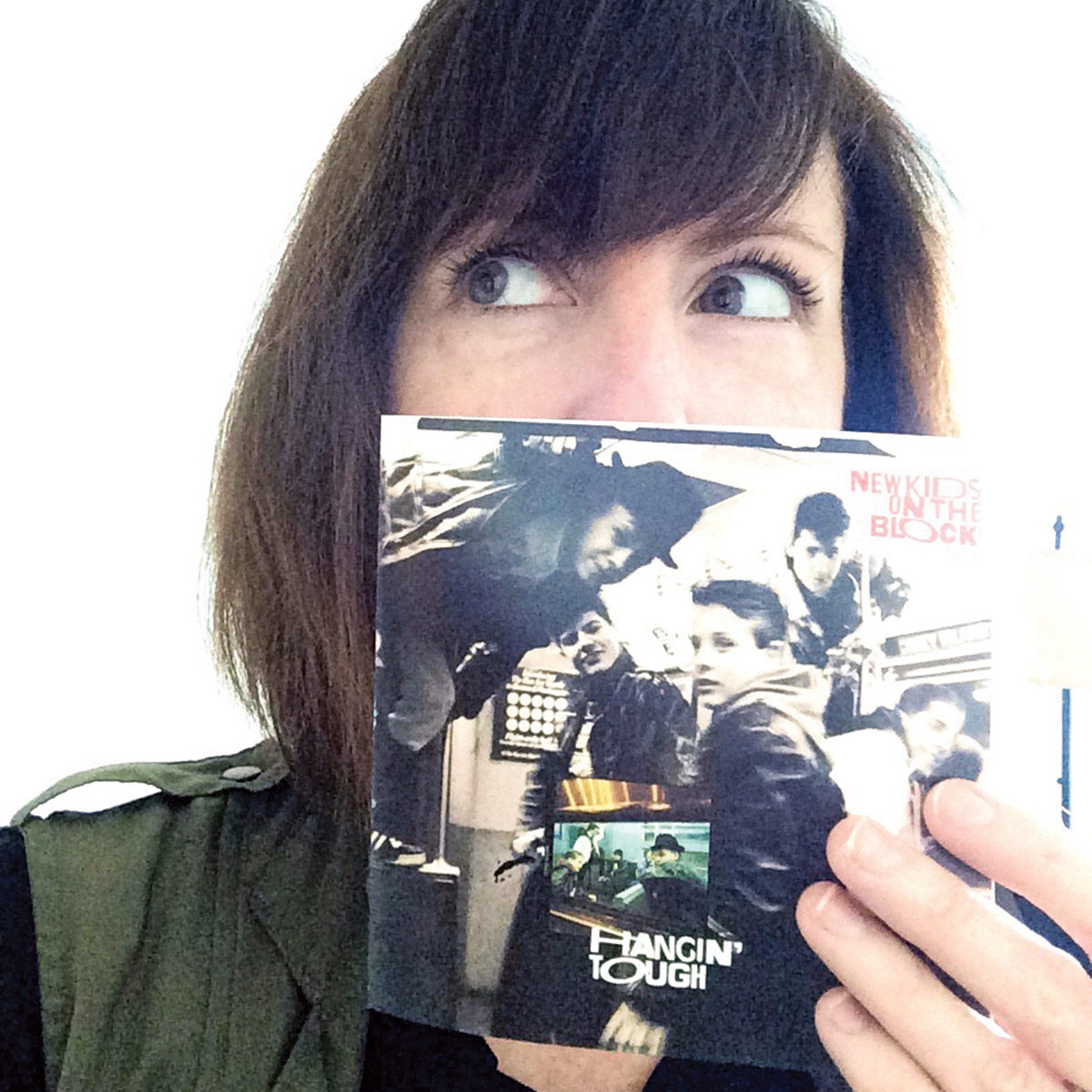The New Kids on the Block Phenomenon, Explained

Photograph courtesy of Rebecca Wallwork
This month, New Kids on the Block prepare to celebrate the 30th anniversary of their first album. So how do they still manage to draw legions of fans to their shows, packing stadiums full of shrieking Blockheads? Writer Rebecca Wallwork (pictured above) set out to answer this question—with science.
In her new book debuting on April 21 for “33 1/3” (Bloomsbury’s series of short books, each dedicated to dissecting a single album and its historical context), Wallwork takes an in-depth look at the New Kids’ smash-hit sophomore record, Hangin’ Tough. To explain what made that album—and the Boston boy band itself—such pop-culture phenomenons, she enlisted the expertise of not only critics and music industry pros, but also psychologists.
Wallwork spoke to several music-cognition specialists—including one from Berklee—about the science behind why fans maintain such a deep attachment to the bands they loved during their younger years. Apparently, the nostalgia is partly neurochemical: “They told me that what you listen to when you’re around 14, that’s important because that sticks with you; your hormones are surging,” she says. “New Kids fans that see them live now, their brains remember, because it’s been imprinted there by dopamine or other chemicals. It’s fascinating stuff.”


